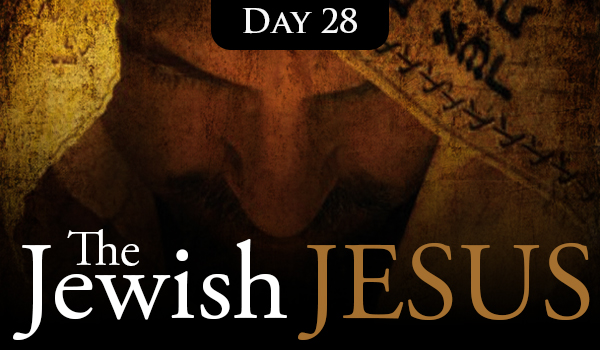
Jesus went through all the towns and villages, teaching in their synagogues, proclaiming the good news of the kingdom and healing every disease and sickness.
Matthew 9:35
There are no references to synagogues in the Old Testament, but there are many in the Gospels and the book of Acts. Jesus spent a significant amount of time teaching in them (Matthew 4:23, 9:35), including in His hometown of Nazareth (13:54). Luke 4:14–30 gives an earlier and more detailed account of Jesus in the synagogue, and how He read from a scroll containing the book of Isaiah.
It is believed that the synagogue originated as early as the Babylonian exile. It was a place where the Jewish people could corporately gather on the Sabbath and on holidays to study Scripture and pray. The speaker would sit in Moses’ seat and read aloud (Matthew 23:2). By Jesus’ day, the synagogue was integral in the life of the Jewish people.
Let’s look at another word: church. The first mention of this word was by Jesus in the book of Matthew. In one instance, He said to Peter, “…on this rock I will build my church, and the gates of Hades will not overcome it” (16:18). The other mention is in the context of dealing with sin in the church (18:17). The first time church is mentioned in Acts occurred with the deaths of Ananias and Sapphira: “Great fear seized the whole church and all who heard about these events” (Acts 5:11).
After the book of Acts, there is no mention of synagogues, except in a metaphorical sense in Revelation. Conversely, the rest of the New Testament consistently mentions the church, over a hundred times, in fact.
New Testament-era synagogues co-existed with the first churches. How well they co-existed is questionable. It was likely a time of increased tension. Regardless, it seems clear that the church would go forward as a place for believers to congregate and for the message of Christ to spread.
Synagogues continued in their Judaic traditions, and were not places where believers were welcomed. Many of the Jews did not recognize Jesus as the Messiah, despite His many attempts to teach them that He was the fulfillment of their Scriptures. This unbelief by Jews continues today, even though there is a growing number of Messianic Jews, especially in modern-day Israel.